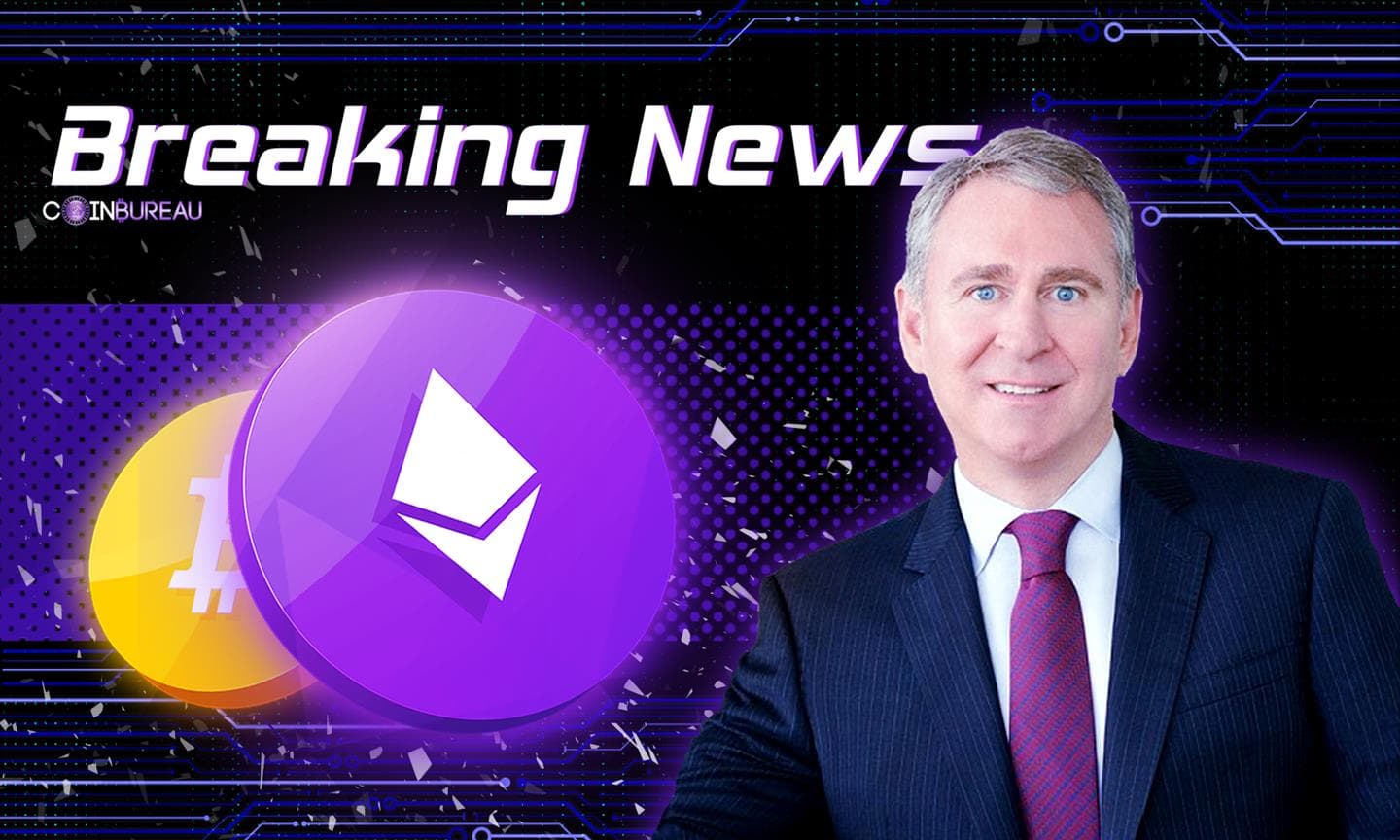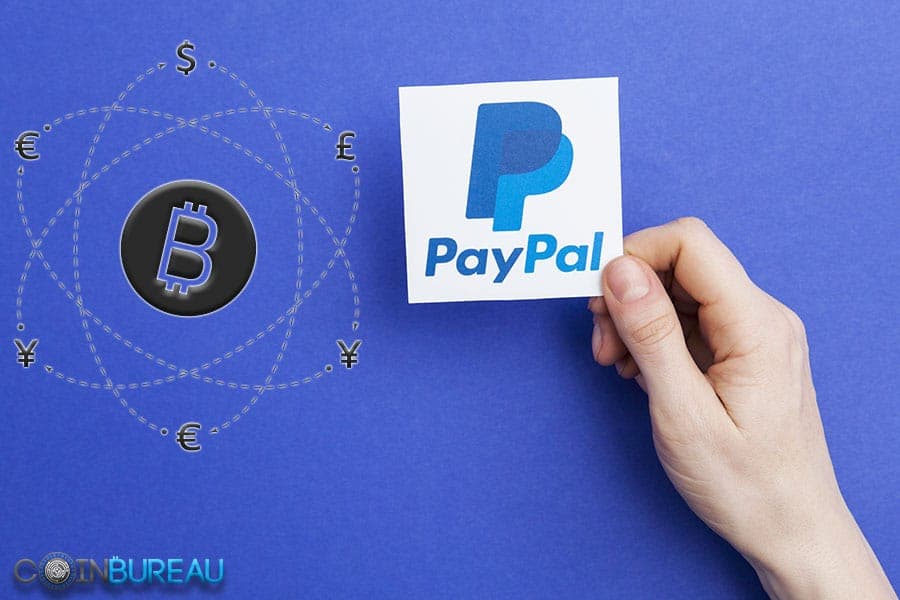If you follow news about blockchain, coding and software development at all you probably already heard that Microsoft announced on Monday that they were purchasing GitHub, the world’s largest repository of open-source software, for $7.5 billion in stock.
The deal faces regulatory approval from Europe and the U.S., but there’s little doubt it will pass, and by the end of the summer GitHub will be part of Microsoft.
The very thought sent chills up my spine, and there were outcries from software developers and blockchain enthusiasts around the world. After all, Bitcoin and most other blockchain projects have been using GitHub to store their code and make changes.
What will happen once Microsoft, once known as one of the staunchest opponents of open-source software becomes the owner of the very hub of open-source software? Do we need to worry? What plans does Microsoft have for GitHub?
Let’s dig in and see some of the possible implications of this surprising and historic purchase.
The Initial Fallout
One of the very first things that happened is people began moving their projects away from GitHub. In fact, their competitor GitLab has said that they’ve seen 10x the number of repositories being created since Sunday.
They also claimed 13,000 repository migrations in the first 24 hours after the announcement. Of course there are 85 million repositories, so this was just a drop in the bucket. It’s also interesting that one of the busiest repositories after the announcement was one that included a script for migrating your GitHub repository to GitLab.

And in the blockchain space privacy coin Monero was one of the first to announce the possibility of leaving GitHub. In fact, the developers said the move would be fairly easy as they already keep a backup repository on GitLab. But they went on to say they could keep GitHub as the backup repository, meaning they aren’t fully convinced the Microsoft purchase will mean bad things for GitHub.
And what about the granddaddy of cryptocurrencies – Bitcoin? They’ve had their code repository on GitHub since the start, but does it make any difference to the Bitcoin Foundation who owns the open-source repository?
Granted this is only the opinion of one man, but in a post-announcement tweet Wladimir van der Laan said that the BTC repository should move, asserting:
“No real hurry, but I expect this is the beginning of a long painful road of GH toward obsolescence, possibly ending the same way CodePlex did.”
While there is nothing to suggest, at this stage, that Microsoft is posed to start hiking fees and plundering data, its ownership of a community that prides itself on decentralization is hard for many to stomach.
What are Microsoft’s Intentions?
 Source: Microsoft
Source: MicrosoftMany don’t know it, but Microsoft already has more than 2 million repositories on GitHub, and says it is the most active user on the platform. Which is quite possible given the huge number of repositories and the large number of developers and projects at Microsoft.
This by itself doesn’t make Microsoft’s intentions pure, and in fact you can be sure they will have their shareholders in mind far more than the continuance of open source development.
The following 5 implementations are directly from a speech given by Microsoft CEO Satya Nadella, CFO Amy Hood, GitHub co-founder and current CEO Chris Wanstrath, and incoming GitHub CEO (and Xamarin founder) Nat Friedman following the announcement of the acquisition.
- Microsoft is completely onboard with open-source. This has been an evolving theme, and we have to remember that Satya Nadella is a different CEO than Steve Ballmer, who was fanatically against open-source software. Nadella has said GitHub will evolve using three broad strategies: empower developers "at every stage of the development lifecycle," accelerate GitHub use for enterprise developers, and use the platform to bring Microsoft's own developer tools to a wider audience.
- Github will remain an open developer platform, and will retain its own identity and indepence, similar to what we’ve already seen with the Minecraft and LinkedIn acquisitions. Remember that incoming CEO Nat Friedman has a long history of open-source support, and he says Microsoft will not be messing with what works with GitHub. Instead the goal will be to make GitHub a better GitHub.
- Microsoft is committed to the cloud in all things, and will also plug GitHub into cloud services. Not just its own Azure Cloud Services, but also the Google Cloud Platform and Amazon Web Services. The plan is to give developers the tools and ability to code for cloud, mobile, edge computing, and the Internet of Things (IoT).
- Microsoft is already planning on leveraging the GitHub marketplace to offer Microsoft developer tools and services. Some of which are already open-source.
- Integration of Visual Studio Code will happen, but GitHub will continue to support other code editors so that developers can use any code editor they wish. There are also future plans to integrate Visual Studio Team Services to bring the functionality offered.
Friedman has also emphasized that there will be no advertising implementation at GitHub, as Microsoft wants to avoid the damage that was done at SourceForge, which has become a swamp of ads and popups that have delayed downloads in favor of getting more ads in front of users. Friedman has admitted;
if Microsoft screws this up, we will lose the trust of developers for a generation.
Is Microsoft Being Disingenuous?
Upfront Microsoft is being very forthright in proclaiming their support for developers and open-source and GitHub, but what does this really mean?
If you look at the implementation plans outlined above you’ll see that Microsoft products will be integrated into GitHub, and given the past history of the company this could be a very tight integration.
 Satya Nadella. Source: Twitter
Satya Nadella. Source: TwitterSure, developers will still have access to other tools, but the Microsoft products seem as if they will be put front and center. If Visual Studio Team Services are put forward for version control and this impacts usage of Git, does GitHub become VSTSHub?
I think it does, and I also think this is exactly what Microsoft has planned. Not in a shove it down your throat style, but a quiet, slow and stealthy manner that brings change in an unnoticed manner.
At the end of the day Microsoft is a publicly traded company and its ultimate responsibility is to make profits for shareholders. While they may sound altruistic in their purchase of GitHub, they haven’t spent $7.5 billion without the full expectation for making that money and much more back in the future.
You can be sure there were thousands of hours put into researching how to profit from GitHub, just as there were likely thousands of hours put into developing a plan that would allow for the purchase of GitHub without tipping their hand – minimizing the number of developers who jump ship at the start.
Go Where the Coders Are
Microsoft obviously sees that coding and software development are increasingly important in the 21st century, and they want to control the space where coders meet. Unfortunately, coders, and especially the coders involved with blockchain and cryptocurrency projects, are staunch supporters of decentralization, and just the fact that GitHub is now controlled by a centralized corporate entity is enough to send them searching for greener pastures.
That’s GitLab currently, but other alternatives include BitBucket and Keybase, which provides private repositories that are encrypted, with the Bitcoin blockchain used to anchor identities.
The bottom line is that Git is still the same open source version control system it’s always been. GitHub is a platform for using the software, but leaving GitHub and moving to another provider is a trivial thing. Even those that wait for now to see how Microsoft might act can quickly move to another service if it begins to look as if Microsoft really doesn’t have the best interests of open source and developers in mind.
Conclusion
Currently Microsoft is giving every impression that things will remain the same at GitHub, but they’ve already given hints of changes to come. And those changes may include the current GitHub implementation. Yet, it’s easy to see that they will actually promote Microsoft products and services. GitHub will retain its open source repositories, but it will become centralized. Whether that makes it unsuitable for blockchain projects remains to be seen.
The good news is that moving from GitHub to another platform that supports the use of Git is quite easy. In fact, many blockchain projects already have backups existing on GitLab or other Git platforms, making it easier still to simply leave a README at GitHub explaining the repository has been moved elsewhere.
While Microsoft claims it isn’t making any unwanted changes at GitHub, the truth is they would be unable to follow through with that. They are beholden to shareholders, and will have to not only justify the $7.5 billion purchase, but find a way to recover the cost and profits.
And even if the current CEO and management team at Microsoft seems supportive of open source, that doesn’t mean a new CEO couldn’t come in who has the same attitude towards open source that Steve Ballmer was famous for.



